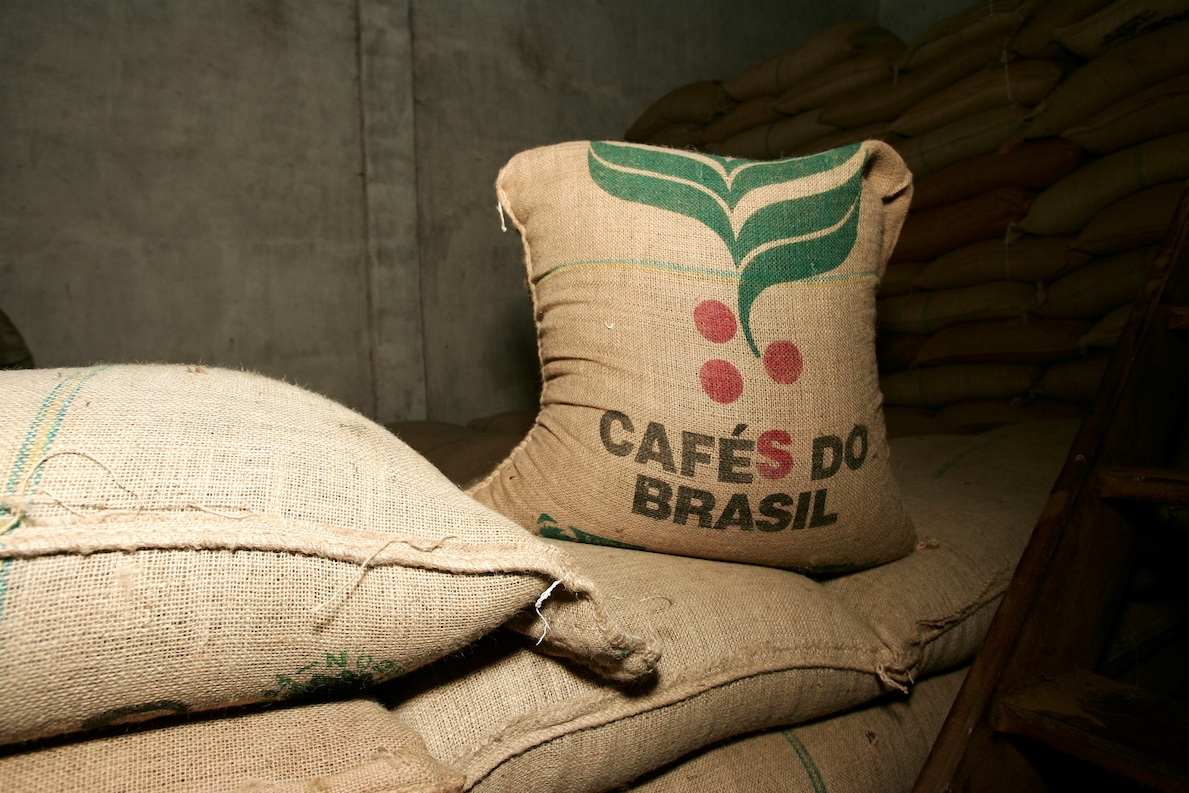Brazilian coffee producers scored a major victory Thursday when the US announced the rollback of crushing tariffs on Brazilian food and agricultural products, reports the Associated Press.
Vice President Geraldo Alckmin of Brazil welcomed the order to remove the additional import tariffs on some agribusiness products, hailing the “significant progress” while assuring the public that Brazil will continue to push for more concessions.
Alckmin has led the negotiations in his other capacity as trade minister, alongside Brazilian diplomats and business leaders. Brazil’s coffee exporters council Cecafé called the reversal “a historic victory for the entire coffee agribusiness production chain.”
The US leads the world in coffee consumption, and with little land suitable for growing the beloved bean domestically, it relies heavily on imports. Before the tariff hike, Brazil accounted for 30.7 percent of American coffee imports, making it the largest single source by far.
[See more: Brazil’s coffee industry is killing itself through deforestation]
Trump imposed the sudden tariff hike in July, in part because of what he deemed a “witch hunt” against Brazil’s former president, Jair Bolsonaro, then on trial for planning to violently overthrow the Brazilian government after his failed re-election bid in 2022. Bolsonaro was convicted in September, sentenced to over 27 years in prison for the attempted coup.
Trump also cited supposedly unfair trade practices, despite the US running a US$6.8 billion trade surplus in 2024, according to US government data.
In talks with Trump last month in Malaysia, Brazilian President Luiz Inácio Lula da Silva cited this trade surplus, a rarity for the US and emerging nations, and the fair trial granted to Bolsonaro as reasons to lift the punitive 40-percent tariffs. While Trump would not commit to doing so at the time, “he guaranteed to me that we will reach an agreement,” Lula told a news conference.
Lula took to X (formerly Twitter) on Thursday to celebrate the tariff rollback, calling it “a victory for dialogue, diplomacy and common sense.”






